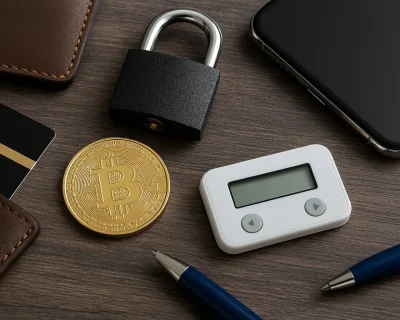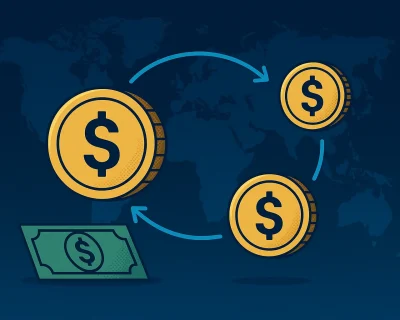Will Uganda’s Gold Discovery Affect Crypto?

Gold has always been the metal that humans have craved, fought over, and hoarded. What makes gold so desirable and precious is not how pretty it is or how easy it is to work into jewelry; it is scarcity. Precious metals and gemstones are precious because there is a shortage of them. Diamond mines make people unbelievably wealthy because supply to the market is limited. So, what does it mean when a massive reserve of gold is unearthed, and how will it affect trading in it and other scarce resources?
Early in June, an announcement from Uganda said that a recent exploration survey of gold deposits revealed about thirty-one million tons of ore waiting to be extracted. A spokesperson for the Ministry of Energy and Mineral Developments, Solomon Muyita, said they wanted to attract big investors. This sector was previously dominated by small, individual miners and prospectors -akin to the Goldrush back in the day. Muyita said that the discovery was made after two years of aerial exploration, followed by geophysical and geochemical surveys. It is estimated that 320,158 tons of refined gold could be extracted from the ore. The gold has been valued at $12.8 trillion.
Bitcoin has at times claimed to be the digital equivalent of gold based on the strength of its strict 21 million supply limit. In theory, this makes it non-inflationary and a good store of value. Will the new gold discovery in Uganda lower the price of gold? If so, gold’s loss could be cryptocurrency’s gain. Whatever the pros and cons of bitcoins, their supply cannot be manipulated.
Michael Saylor of Microstrategies told CNBC
“Every commodity in the world has looked good in a hyperinflationary environment, but the dirty secret is you can make more oil, you can make more silver, you can make more gold […] Bitcoin’s the only thing that looks like a commodity that is scarce and capped.”
He also said that he would consider buying more Bitcoins and tweeted, “#Gold is plentiful, #Bitcoin is scarce.”
There is a good deal of speculation as to whether the amount of gold found is accurate, and it has even been suggested that the authorities have mixed up tones and metric tones. The World Gold Council has been asked to comment on the discovery. They are reported as saying that they do not expect the discovery of gold ore to contribute materially to supply in the foreseeable future. They say this is because there are no formal ore reserve/resource declarations.
Most of the deposits are reported to have been found in Karamoja. This is an intensely dry and sprawling area to the North East of Uganda, close to the border with Kenya. Large reserves have also been found in the country’s eastern, western, and central areas. A Chinese company called Wagagai has set up a mine in Busia, Eastern Uganda. Production is expected to start this year. Muyita said that Wagagai had invested $200 million in the mine and the refining unit at this location.
Uganda’s president Yoweri Museveni has been seeking to increase investment in mining. The country is known to be rich in natural resources like copper, cobalt, iron ore, and phosphates, as well as gold. The Government has been looking at the best ways to exploit the country’s underground riches. Earlier this year, Parliament set about creating a state mining company. They enacted a new mining law which now just requires a presidential signature to get the company set up.
This will mean that the state will have a compulsory acquisition right to a 15% stake in every mining operation in the country. In addition, investors will be required to sign a production sharing agreement with the Government. This will replace the current licensing system, which had worked on a first-come, first-served basis.
Few people see Bitcoin as a store of value today in the way gold is, but that could all change in the future.
Photo by Jingming Pan on Unsplash













